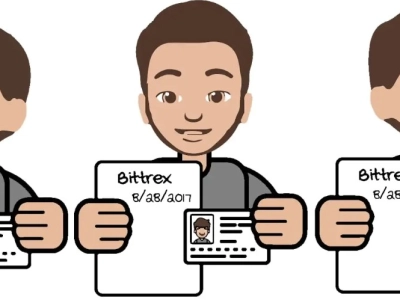
By Anonymous F
Read more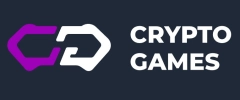
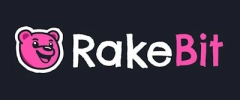

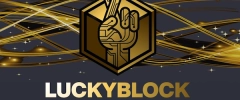

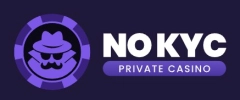

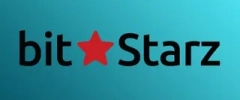

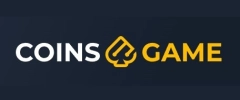



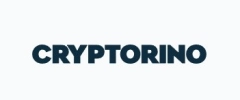

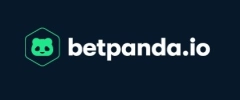
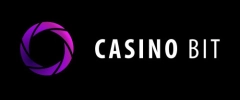
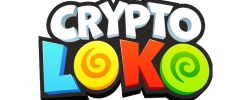
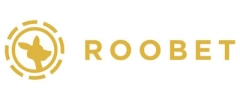
The phrase "No-KYC, non-GamBan casinos" refers to a specific and high-risk category of online gambling platforms that operate outside the standard regulatory frameworks designed for player protection. Understanding this term requires breaking down its two key components: "No-KYC" and "non-GamBan."
"No-KYC" stands for "No Know Your Customer." These are online casinos that allow players to register, deposit funds, and play games without requiring them to submit personal identification documents. Unlike mainstream regulated casinos that must verify a player's identity and age by collecting documents like passports, driver's licenses, and utility bills, no KYC platforms bypass this process.
The primary appeal of these casinos lies in:
Anonymity: Players can gamble without revealing their personal identity.
Speed and Convenience: The registration process is exceptionally fast, often requiring only an email address and a password.
Use of Cryptocurrencies: Transactions are typically conducted using cryptocurrencies like Bitcoin and Ethereum, which are not directly tied to personal bank accounts and further enhance privacy.
GamBan is a widely recognized self-exclusion software that blocks access to thousands of online gambling sites and apps. It is a crucial tool for individuals who wish to stop gambling. Once installed on a device (computer, smartphone, or tablet), GamBan prevents the user from visiting online casinos, betting sites, and other gambling-related content.
In jurisdictions like the United Kingdom, all licensed online gambling operators are required to integrate with self-exclusion schemes such as GAMSTOP, which is the national online self-exclusion program. While GamBan is a personal blocking tool, casinos licensed by stringent authorities are part of a network that respects and promotes such responsible gambling measures.
A "No-KYC, non-GamBan casino" is an online gambling site that operates on two key principles:
It does not require identity verification.
It is not registered with or blocked by GamBan and similar self-exclusion services.
These casinos typically hold licenses from less stringent offshore jurisdictions, or in some cases, may operate without a license at all. This allows them to sidestep the rigorous player protection and anti-money laundering regulations imposed by top-tier regulators like the UK Gambling Commission or the Malta Gaming Authority.
These platforms primarily cater to two types of players:
Privacy-Conscious Gamblers: Individuals who, for various reasons, do not wish to share their personal information with online casinos.
Problem Gamblers Seeking to Bypass Restrictions: This is the most concerning aspect. Players who have self-excluded through services like GamBan or GAMSTOP may actively search for these casinos to continue gambling despite their decision to quit.
While the allure of anonymity and unrestricted access might seem appealing to some, engaging with no-KYC, non-GamBan casinos carries substantial risks:
Exploitation of Vulnerable Players: These casinos provide an accessible avenue for individuals with gambling problems to circumvent the very tools designed to help them. This can lead to severe financial and personal harm.
Lack of Player Protection: Without oversight from a reputable regulatory body, there are no guarantees of fair play. The games may not be audited for fairness, and the casino could operate with a predatory house edge.
Dispute Resolution Issues: If a player has a dispute with the casino over winnings, account closure, or any other issue, there is virtually no recourse. These operators are not accountable to stringent regulatory authorities that can mediate disputes.
No Responsible Gambling Support: These platforms are unlikely to offer robust responsible gambling tools, such as deposit limits, session timers, or cool-off periods. Their business model often relies on unimpeded play.
Security and Financial Risks: Without proper regulation, there is an increased risk of the casino being fraudulent, refusing to pay out legitimate winnings, or having inadequate security measures to protect player funds.
In conclusion, while "no-KYC, non-GamBan casinos" offer a path of least resistance to online gambling, they represent a high-risk environment. They operate in a gray area of the internet, largely detached from the established responsible gambling ecosystem. For any player, but especially for those who have struggled with gambling addiction, these platforms pose a significant threat and should be approached with extreme caution, if not avoided entirely.